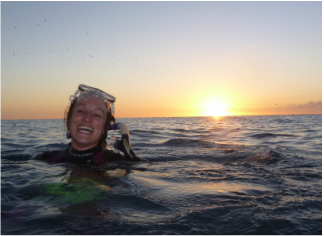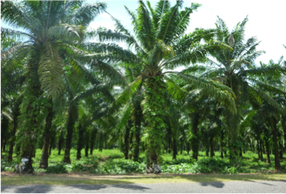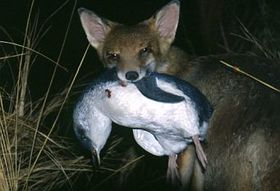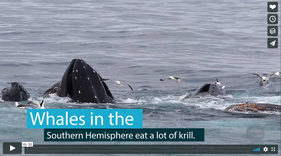
I am a conservation decision-maker interested in how natural and human disturbances affect biodiversity and natural resources.
I have expertise in both applied and theoretical conservation biology, specializing in reserve system design and spatial prioritization (marine and terrestrial), using decision theory ideas and economics to solve conservation problems, cumulative threat mapping and risk assessment, population dynamics and ecosystem modelling, fisheries bycatch and climate change. Studying the interactions within and between complex dynamic systems, species and human pressures are of particular interest to me. It is important to me that my research is applicable and accessible to agencies and stakeholders involved in making conservation decisions, and I collaborate with governments and non-government organisations worldwide, including CSIRO, the Wildlife Conservation Society, The Nature Conservancy, and the World Wildlife Fund. I have worked on conservation and resource management problems for a diverse range of marine and terrestrial ecosystems globally, from spatial planning for tropical coral reefs in Fiji; ridge-to-reef planning for palm oil agriculture and linked reef ecosystems in Papua New Guinea; finding cost-effective solutions to mitigating cetacean bycatch around Australia, to understanding the impacts of whaling and climate change on whales and krill across southern oceans. I completed my PhD with the ARC Centre of Excellence for Environmental Decisions at the University of Queensland. The goal of the thesis was to harness spatial and ecosystem modelling techniques to link direct and indirect stressors to the persistence of marine species or habitats. I am currently a Banting Postdoctoral Fellow at the Conservation Decisions Lab at the University of British Columbia, Canada. For my publications, follow this link.
|
|
|
Some recent projects...
|
A collaborative project with the Wildlife Conservation Society, working on evaluating the current condition of data-poor coral reefs in New Ireland, Papua New Guinea, and predicting the response of these reefs to potential expanding oil palm plantations in the region.
|
My sister and I recently developed a new framework that helps identify conservation actions that are both affordable and achieve have the greatest benefit for imperilled animals and plants. The paper has been published in Frontiers in Ecology and the Environment.
|
My new research reveals how global climate change could influence future krill abundance and whale populations across Southern Hemisphere. We link changing sea-surface temperatures, primary productivity and sea-ice extent in an ecosystem model to find recovery of whales from historical harvesting may be reversed due to declines in their krill prey.
|







